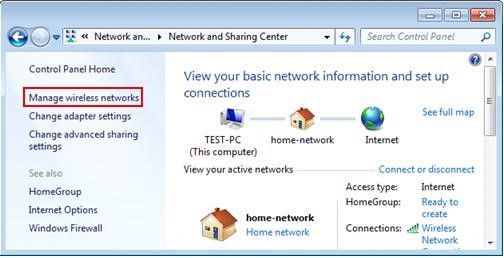A 'Exact Match Domain (EMD) is a URL that is the keyword or combination of keywords for which the website in question is supposed to be optimized. For this reason, this type of domain is also called keyword domain. For a long time, exact match domains were a popular means for SEOs to rank well and fast for a specific keyword. In spite of everything, the influence of these keywords in the positioning have diminished after the update of Google EMD (exact match domain).
Context
An exact match domain seems to have many advantages at first glance because visitors get an idea of the content that awaits them immediately when they click on the link. For example, www.applepiewithcreme.com as the domain name immediately gives you the idea that it consists of a domain specialized in apple pies with cream.
As can be seen in this example, an EMD should not only contain a single keyword, but can also consist of combinations of keywords. The domain, however, must precisely match the search query.
Since the keywords in the domain name used to be a significant factor in ranking for a long time, it was obvious that an exact match domain should achieve higher rankings with the right keyword. For this reason, many domains were traded at Highest prices. In 2013, for example, the domain hanfblätter.de (hempleaves.com) changed ownership for 2,500.00 euros according to SEDO.[1]. According to rumors, prominent keyword domains have been sold for six or even seven figure prices.
Application areas
Exact match domains are used for different marketing purposes. In the field of SEO, EMD has long served to build link networks with satellite websites and thus strengthen a domain with strong backlinks relevant to content. Also, the EMDs were configured to get the highest viable traffic for a specific keyword. The latter was the reason many affiliate marketers have turned to EMDs, due to their great importance on specific topics and what did and continues to guarantee clicks, even now. Visitors are then directed to the web portal that is advertised via affiliate links for purchase offers.
Another way to use EMDs that has been practiced for a long time is redirection to other domains. Webmasters bought multiple domains with search terms that matched their own web portal and then redirected them to their home page. Even major portals like Amazon worked with keyword domains that were redirected by a 301-redirect to the main site for a long time. At this time it is widely documented that the rerouting of EMDs to their main web portal already does not give you any advantage in positioning.
Another field of application for exact match domains is advertising campaigns. Many big brands redirect their slogans to their website. An example is Nike. The company owns the domain "justdoit.com". If you enter this domain name in the address field of your browser, you will be redirected to nike.com. The trade promotion agency "Jung von Matt" uses an exact match domain for its purposes. On the web portal supergeil.de you will find agency reports.
SEO benefits
EMD's benefit for search engine optimization has decreased since 2012. In September of that year, Google released the EMD update. Since then, keyword domains with thin content rank low in SERPs. In this way, it is not enough for SEO purposes if a web portal consists of only one keyword, especially, the content must be relevant and of high quality.
In 2013, the combination of keyword domain and TF * IDF optimization was hotly discussed in SEO circles. That EMDs are still effective, show websites like www. termlifeinsurance.com or www. bookkeepingsoftware.com that can be well positioned for highly competitive keywords. Along with content, the keyword for which the domain is supposed to rank well is a important factor. The lower the competition for a keyword, the easier it should be even at this point to rank high in the SERPs with suitable high-quality content.
Web Links






